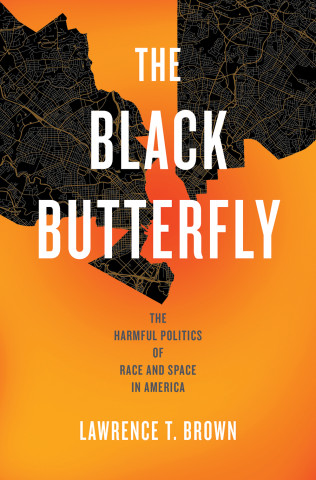
Reviews
Disparities in Urban Health is a game changer because it goes beyond ivory tower philosophizing and embraces the Africana Studies / Black Sociology model of policy-focused scholarship. Guided by W. E. B. Du Bois's theoretical frame, Wallace's book is key in the current movement toward people-centered and solution-oriented research.
Edward Wallace's Disparities in Urban Health is a breath of fresh air. Going beyond empirical data, his timely investigation examines the causes and consequences of urban health disparities by gathering information directly from the source—the families themselves, who have been most impacted. This much-needed work draws a complex portrait of urban health disparities that is perhaps more challenging than previously believed.
Wallace's holistic treatment shifts the discussion of the roots of urban health inequities from the lens of individual responsibility to the realities of structural dynamics that sustain and fuel urban health inequities. His work serves as an exemplar of the Africana Studies' scholarly tradition, amplifying macro data with the lived experiences of those most impacted.
Wallace brings the data on urban health disparities to life through his own personal reflections and the lived experiences of the families he interviewed. The book also offers a glimpse of the types of concerted actions and policies that are needed to achieve health equity.






